Leslie Hennessy
Aril
Atlas Peak Syrah 2009
It’s amazing how time can bring a wine together into a beautiful seamless whole. Though the fruit has taken a step back, what is left is a savory, delicious expression of the peak south of Lake Hennessy. — 7 years ago
Cavallotto
Vigna San Giuseppe Riserva Bricco Boschis Barolo Nebbiolo 2006
Atlantic Beach Country Club member guest with Alex and Leslie Calder — 7 years ago
Camus
Elegance VSOP Cognac 1863
Nice, but not quite a Hennessy vsop — 7 years ago
Château Cantenac Brown
BriO de Cantenac Brown Margaux Red Bordeaux Blend 2005
Wedding wine for Kelvin. Big bold light leather with lots of graphite. Probably terrible with Chinese food but it has to stand up to the Royal Salute 21yr and Hennessy XO at the table — 8 years ago
Louis M. Martini
Napa Valley Cabernet Sauvignon 2013
Rick, Leslie and I love this. — 8 years ago
Willm
Crémant d'Alsace Brut Pinot Noir Rosé
Leslie loved it. — 9 years ago
Hennessy
Paradis Cognac
To my dad. Bravo! — 5 years ago
Château d'Esclans
Whispering Angel Côtes de Provence Rosé Blend 2019
I'm not a fan of rosè, but this flagship(?) is excellent. Fresh and pleasantly dry: "warm", a red fruit, a peach, a citrus finish. From this producer: Hennessy is very good, Möet not necessarily. And "Whispering Angel" whispers to my ears when the sun is killing me. :) — 5 years ago
Stone Edge Farm
Sonoma Valley Cabernet Sauvignon 2006
I just opened a 2006 and the nose alone blew me away and congrats Mac & Leslie the owners you guys rock see you soon. #stoneedge — 7 years ago
Krug
Brut Rosé Champagne Blend
There are certain occasions that call for Krug Rosé. So, HBTM! The bottle was corked in the summer of 2014. It’s a blend of 45 reserve wines with the oldest being from 2007 and the youngest 2002. This is why I think Champagne Makers are some of the most talented people making wine. They are constantly blending up to 100 plus wines to bring that bottle to bottle and year to year branded flavor of consistency. On the nose; red & pink spring flowers, cherries, strawberries, watermelon, black cherry, black raspberries, notes of blood orange citrus, baked bread, soft volcanic mineral and elegant chalkiness. The palate is always ridiculously delicate. Micro bubbles, silky rich texture with beautiful soft acidity. The palate fruits are similar to the nose; rich & ripe cherries, strawberries watermelon, black cherry, black raspberries, notes of blood orange citrus with hints of marmalade. Red & pink spring flowers, baguette crust, soft powdery minerals that give the palate a slight sting and super powdery chalkiness done just right. The finish is beautifully rich, textured, revealing itself in layers and lasts minutes. Photos of; Founder Joseph Krug, House of Krug, Winemaker Eric Lebel, Krug’s Clos du Mesnil, a small plot of 1.85 hectares of Chardonnay...one of the world’s greatest vineyards and their salon tasting room. Producer history & notes...Krug was founded by Joseph Krug in 1853. They are based in Reims, the main city in France’s Champagne region. It is one of the famous Champagne houses that formed part of the Grande Marques. Today the house is majority owned by the multinational conglomerate LVMH, which owns Moët Hennessy, Louis Vuitton S.A. and who’s wine producer portfolio includes other well known wine brands such as; Moët & Chandon, Veuve Clicquot, Château d'Yquem, Ruinart & Cheval Blanc, Dom Perignon and many others. Despite LVMH's majority ownership, the family is still actively involved in all the key decisions of the house but does not manage the day-to-day operations. Joseph Krug was born Johann-Joseph Krug, a butcher’s son, in Mainz, on the Rhine in 1800 when the city was part of the Napoleonic Empire. Having dispensed with the name Johann, he left Mainz in 1824 and in 1834 moved on to Paris. Germans were in demand in France as accountants and bookkeepers. So, Joseph joined Champagne Jacquesson in Châlons-sur-Marne. He spent eight years with Jacquesson. His work took him beyond accountancy. He went around Europe testing the market and assessing criticism from wine sellers and customers. He learned about composition and taste so that by 1840 he already seemed to have been blending Champagne for at least one other house. In 1841, he married Emma-Anne Jaunay. The daughter of a French hotelier based in London’s Leicester Square. The following year their son Paul Krug was born. In 1842 he moved to Reims and following a year later, Krug et Cie was founded with his partner, Hyppolite de Vivès. Joseph was fluent in French, English and German and even spoke some Russian, putting the company in position to exploit key overseas markets. Joseph died in 1866 and was succeeded by his son Paul Krug, who had been trained by his father to takeover. Joseph under the supervision of Paul, Krug was established as a Grande Marque. By the 1880s the prestige of Krug was acknowledged in the United Kingdom and became the primary overseas market for Champagne. In 1866, the House moved into Rue Coquebert, in Reims as it remains. After Paul’s death in 1910, he was succeeded by his son, Joseph Krug II. However, during World War I Joseph II was taken prisoner and his wife Jeanne played a key role in the House at a time when the Western Front divided the region between the Allies and the Germans. After the war, Joseph II’s slow recovery led to his nephew Jean Seydoux becoming joint manager in 1924. In that decade, the Krug 1926 and 1928 vintages were created, which have been considered by critics to be amongst the greatest Champagnes. Lawyer and wine writer Maurice Healey declared “Krug” the king of all Champagnes. Further, “that the 1928 Krug was the best wine made in the present century.” By the mid-1930s, Paul Krug II, the son of Joseph II, was active in the business and would become head of the House from 1959 to 1977. His father died in 1967, by which time he was, according to Patrick Forbes, “one of the most popular and respected figures in the Champagne district.” In 1962 Henri Krug, the son of Paul II, joined the management, as did his brother Remi three years later. Their arrival was followed by a series of innovations, including extensions in the range of Champagnes. In 1979, for the first time, a graduate winemaker joined the House. In January 1999, the House became part of LVMH and by 2007, the brothers, while remaining on the tasting committee, had stepped down from day-to-day responsibilities. In 2009 Olivier Krug, the son of Henri, became House Director. At harvest, Krug grapes are pressed close to their plots with the first juice kept for 24 hours in a vat prepared for the fermentation stage. The pressing from each plot is vinified separately. A pressing contains 4,000 kilos of grapes and yields 20.5 hectolitres of first juice (cuvée), which is poured into twelve oak casks chosen at random. Once fermentation is complete, the eleventh and twelfth casks are used to top up the other ten casks in order to protect the new wines from oxidation. For fifteen days, each cask is topped up with wine from the same plot. Krug uses small 205 liter oak casks tailor-made from trees that are more than two centuries old in the forests of Hautes Futaies in Central France. The average age of Krug oak casks is 20 years. They are retired after approximately 40 years of use. The wines remain in the casks for several weeks. During this period, clarification occurs naturally from the cool temperature of the cellar given the coming winter, as does a micro-oxygenation process from the use of natural containers, making the wine more resistant to oxygen over time. Finally, between December and January, the wine is drawn off into small stainless-steel vats. From here, depending on the decisions of Krug’s tasting committee, the wines will either contribute to that year’s assemblage or be stored in steel vats in the House’s library of 150 reserve wines to be used in the blend of a future Krug Grande Cuvée and or Krug Rosé. — 8 years ago
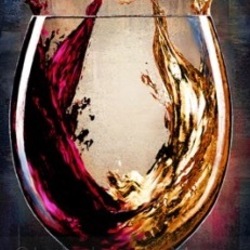

Aonair Wines
Reserve Series Mountains Proprietary Red Blend 2013
Was a wine club member here for a few years and very much enjoyed the entire portfolio. Stunning winery up Conn Creek Rd just south east of Lake Hennessy. Wonderful people too.
I always found the mountain proprietary blend more accessible at a young age compared to their cab reserve. At 7ys young, and even for the big and structured vintage of 2013, this was very enjoyable close to pop and pour. Brilliant color of purple in the glass offering up aromatics of baked mixed berry pie, fresh potpourri, cedar, espresso, and baking spices like cinnamon and vanilla. While extracted and rich on the palate, it has plenty of tannin to keep things balanced. Red, blue and black fruits accompanied by sandalwood, grilled violets, decadent dark cocoa and dusty character toward the finish. — 5 years ago
Moët Hennessy
Smoke Tree Sonoma County Pinot Noir
Excellent wine. Paired well with the elk steak I had with it.
— 6 years ago
Uccelliera
Rapace Toscana Super Tuscan Blend 2014
Leslie Thomas birthday dinner at Antico! — 8 years ago
Hennessy
Master Blender's Selection No 1 Cognac
Big caramel. A nice orange 🍊 note on the finish. — 8 years ago
Walker Station Vineyards
Leslie Ranch Pinot Noir 2007
Latham 4/15/17 all family. Floral notes and complexity in red to dark berries with palate more on fruit but still with notes of earth and forest. Hints of mint on long finish? Acker at $25. Opened another at MRs 4/22/17. End of evening and popular. — 8 years ago


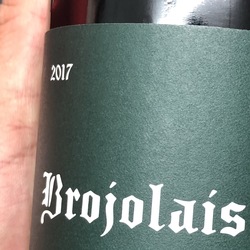



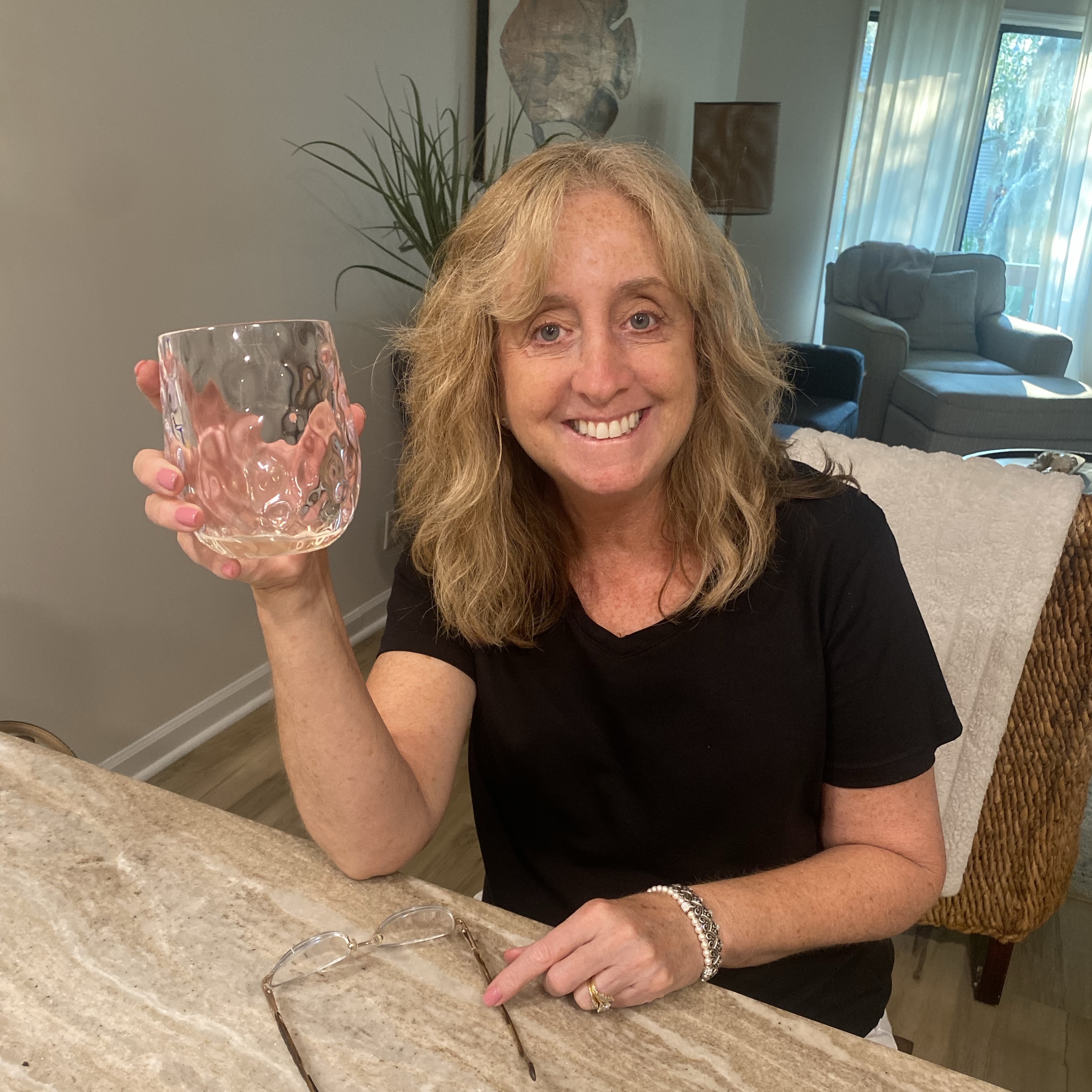
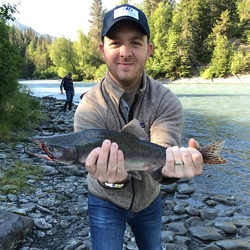
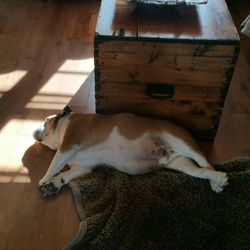

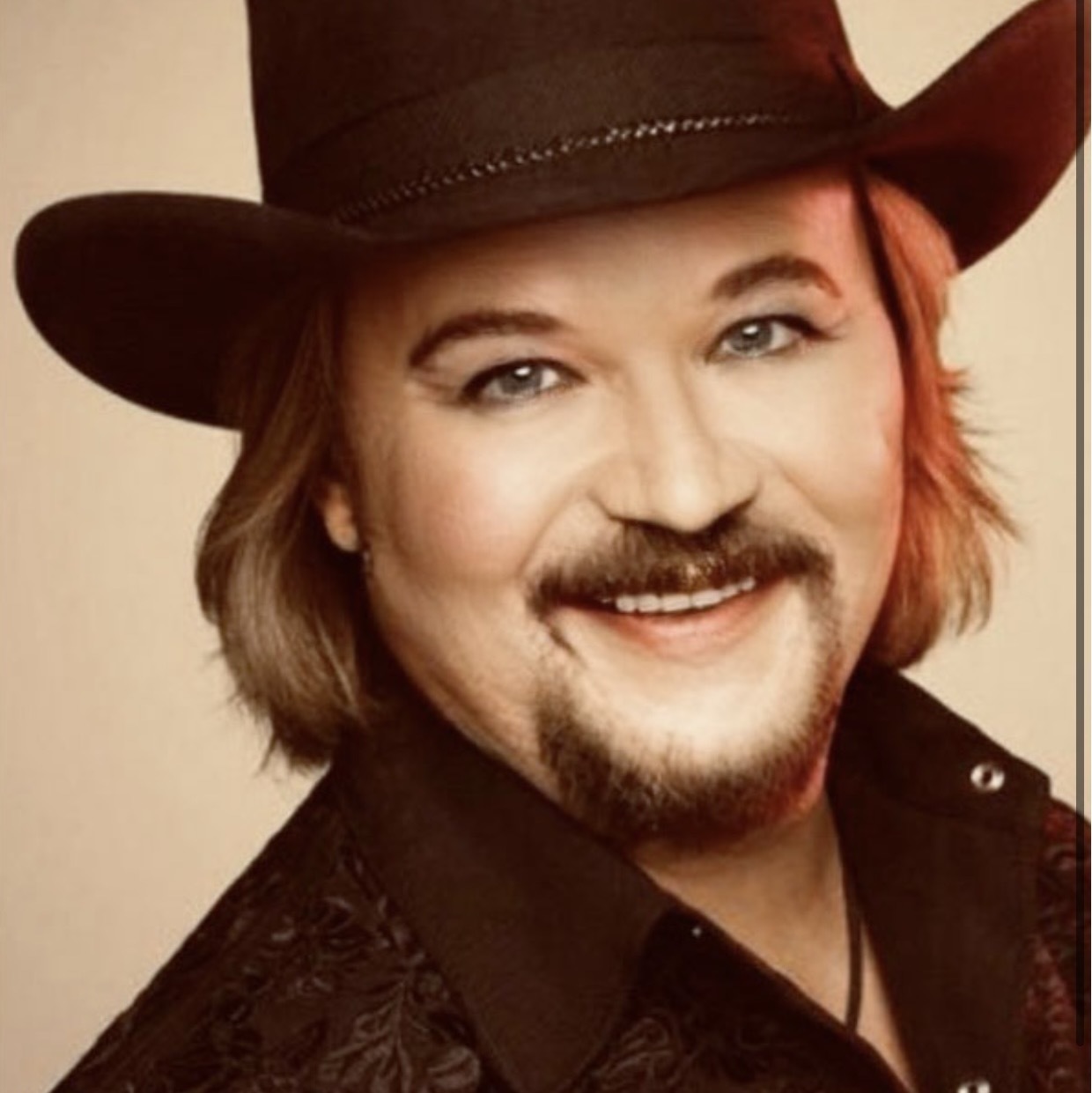
John Malcolm
Pepper, orange, a hint of cinnamon. So smooth. Outstanding in every way! — 5 years ago